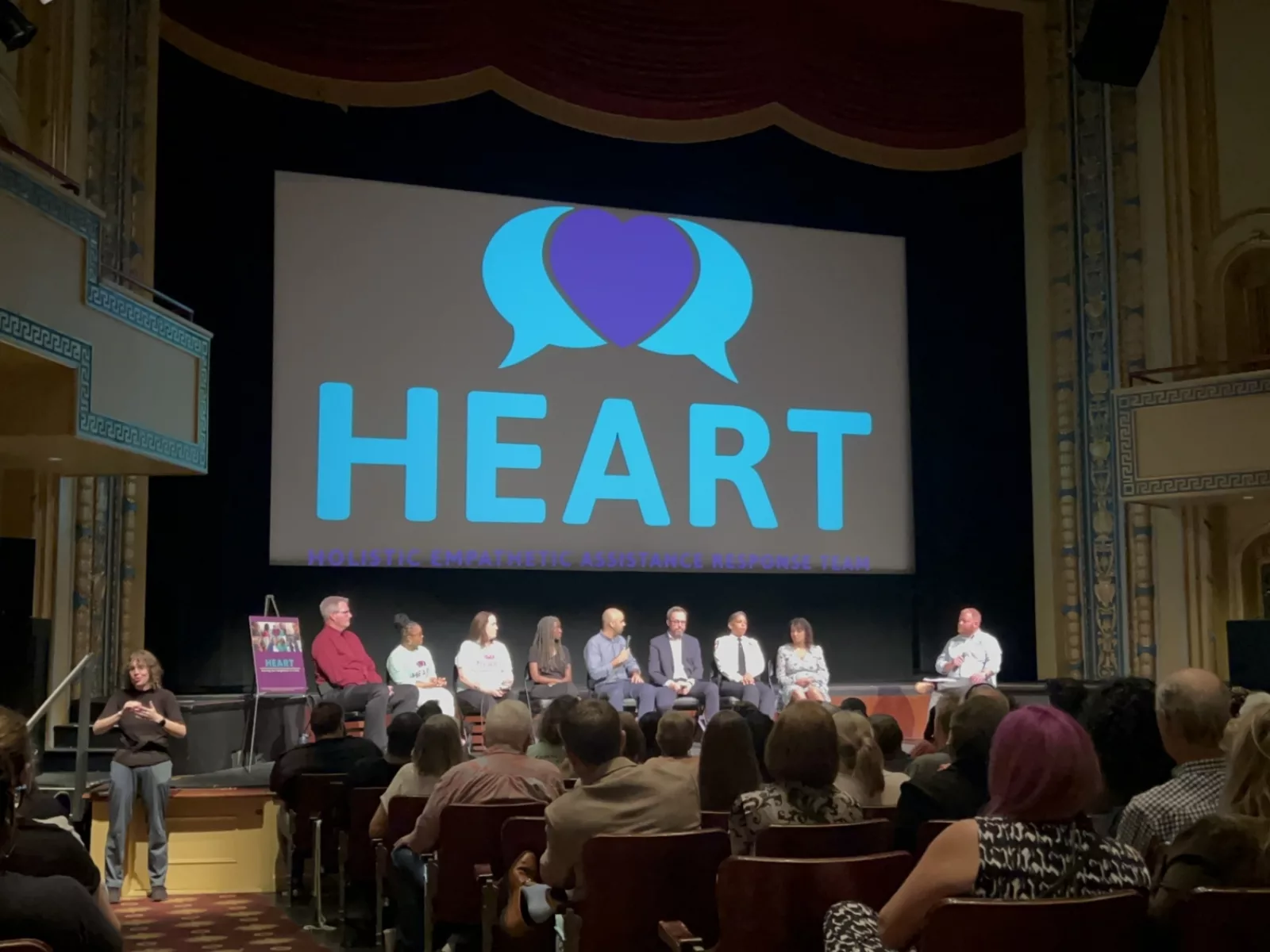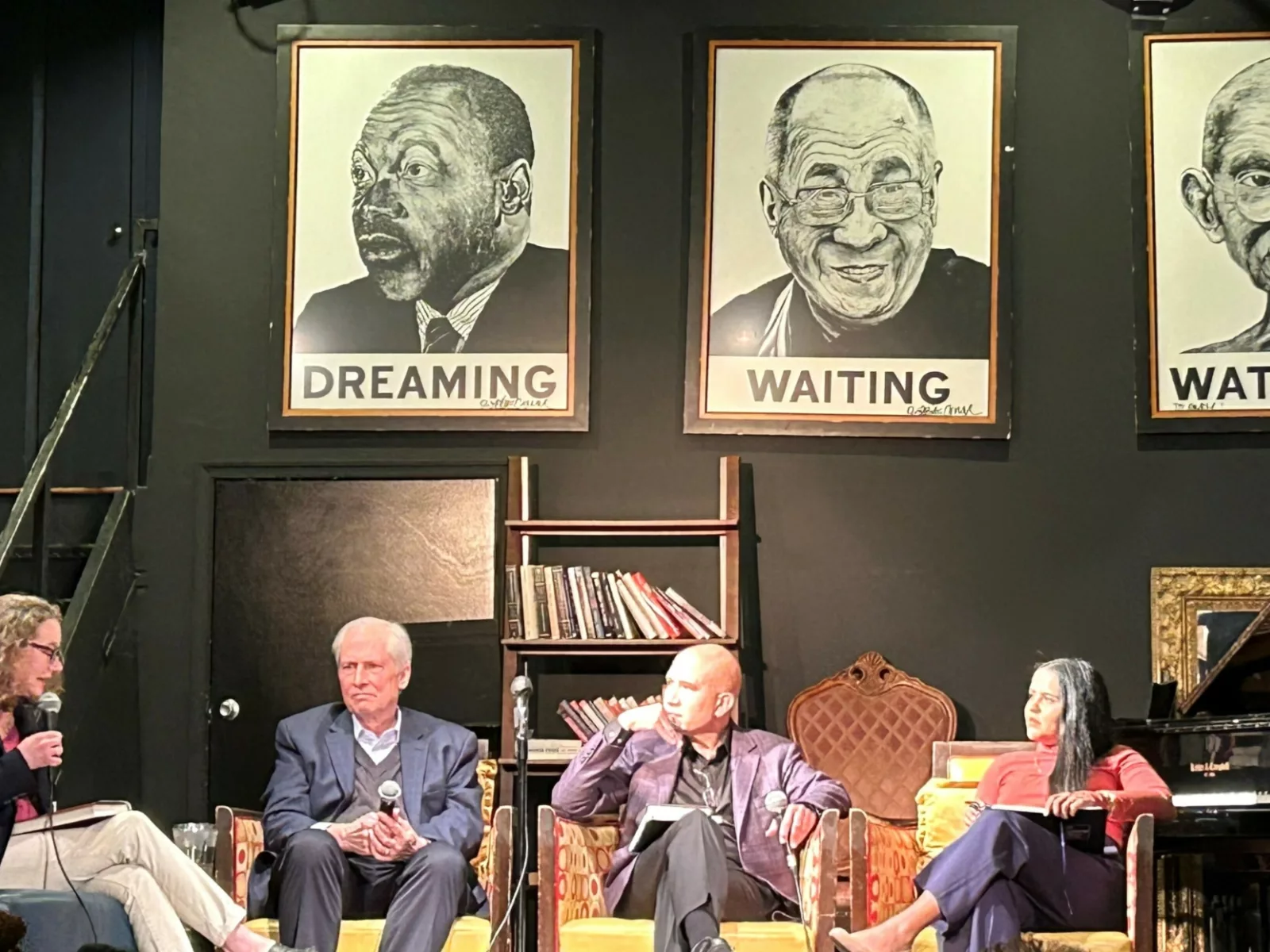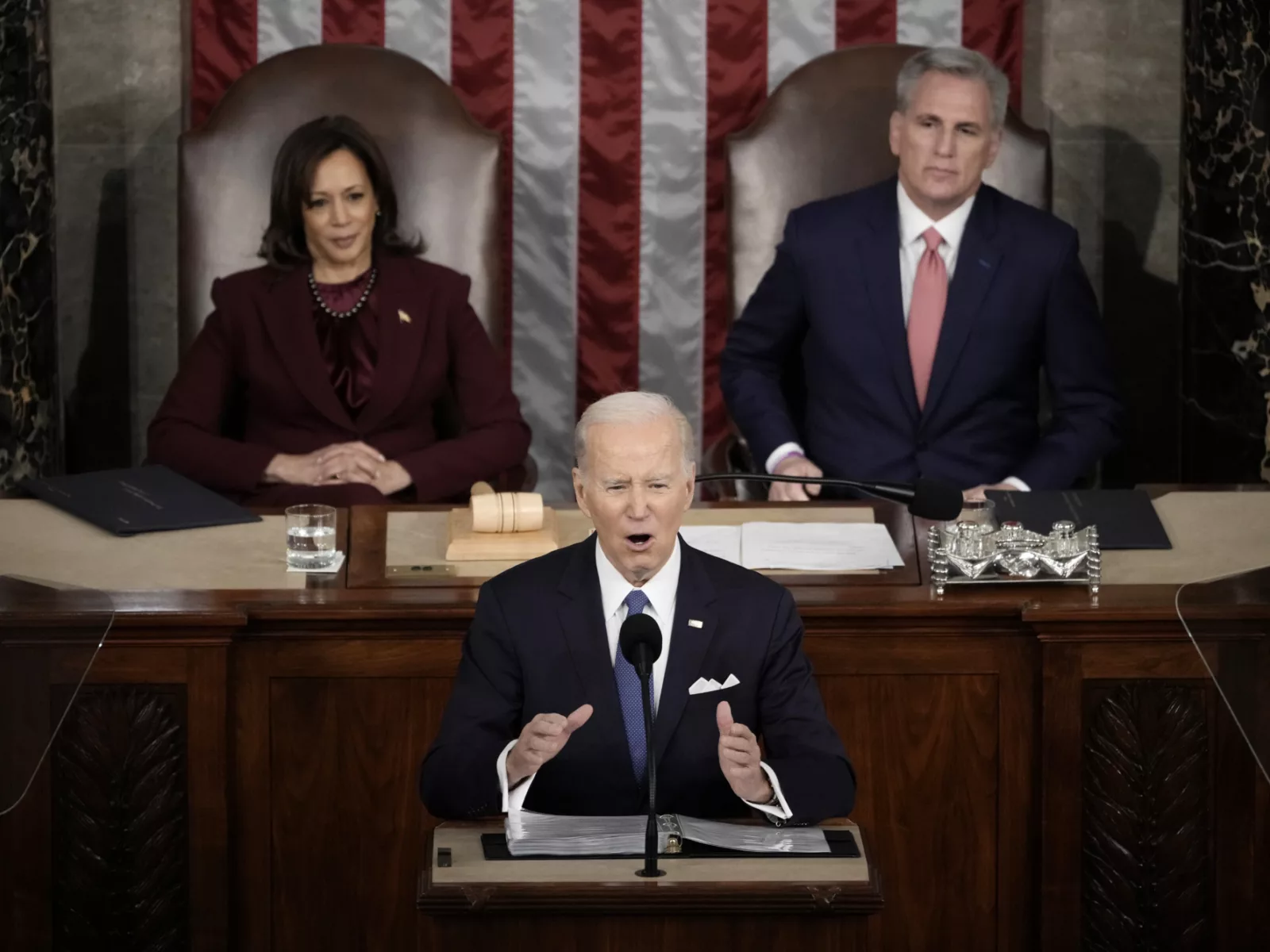At a time when the U.S. policing system is being subjected to unprecedented scrutiny and debate, it is critical that law enforcement rely on evidence-based practices that hold civil rights to the highest standards while ensuring that crimes are solved and communities feel safe. From his start as a “baby public defender” in Los Angeles to overseeing the nation’s most complex and multi-layered oversight structure in Chicago, Walter Katz’s 25 years of public service have made him uniquely suited to working toward this goal as Arnold Ventures’ Vice President of Criminal Justice overseeing the Policing team.
Katz has served as Deputy Chief of Staff for Public Safety for Chicago Mayor Rahm Emanuel, Independent Police Auditor for the City of San Jose and Deputy Inspector General for Los Angeles County. Before joining Arnold Ventures Katz served as Director of Professional Services at Benchmark Analytics, a developer of predictive early intervention software for law enforcement agencies.
We sat down with Katz to discuss the issues he wants to address in his new role, how he first grew interested in police practices, and the changing attitudes around police work.
How do you get into a career in police oversight?
My work as a public defender in California starting in the 1990s started just as the tough-on-crime era was getting up to full speed — the three strikes laws, truth in sentencing, everything was very tough on crime. I was a baby public defender doing misdemeanor cases and I found myself having a great deal of interest in cases involving resisting arrest. I immediately saw that those cases often had a really sharp divergence of what the story was. It really got me sensitive to use of power and to abuse of power, and what the role of systems is to keep that in check.
So you started during the “tough-on-crime” age. Now in policing it feels like the pendulum might be swinging the other way. What changes do you see happening now?
I have a nuanced view about this, and my view was greatly influenced when as a public defender I started doing serious felony cases. Things get a little bit more ambiguous in those cases where you have real victims who have been through real trauma. You also may be representing people who themselves have gone through real trauma and been victims of something in their lives.
But you also have some clients who, if the justice system works correctly, really have no business being out in the community because they’re such a danger.
That era was extremely victim-centric, and I think there has been a pendulum swing. Victims, the role of the victims, or the experience they went through, is not as visible in the current environment. I’ve always been a person who’s very much focused on fair process and just process. We have to recognize that fair and just process not only includes the person who’s being charged with the crime but also the person who is the victim of the crime.
What do you want to accomplish at Arnold Ventures?
What came across in my conversations with Jeremy Travis and the criminal justice team and with the board is that their way of thinking is very much aligned with mine: We do rigorous work to build a body of evidence to be able to ensure that the entire justice system, from policing to reentry, is effective, just, and fair.
Policing has been going through this era of reform for the last 5 or 6 years, and quite often there have been moves to reform without necessarily having a body of evidence underlying it to point toward a direction in how to a) have policing be more effective and b) have policing have legitimacy and act justly.
My objective is to be able to build a body of evidence to move policing further in that direction.
Sometimes evidence isn’t enough to convince institutions to change practices. How can you help get people on board with evidence-backed reforms?
Throughout my career I have put a lot of energy into being collaborative. Going back to my work in the inspector general’s office in Los Angeles County, or especially as a police auditor in San Jose, I spent quite a bit of energy building bridges not only with communities but also with police leadership as well with police associations and unions. You can’t do this work without the police, and that doesn’t only include police executives but also police rank and file.
At the end of the day, reforms are far more likely to be effective if police understand how a particular reform furthers their mission and that their own wellbeing won’t be compromised.
What makes for good policing?
When I was at the mayor’s office, I was at a meeting on the South Side of Chicago when a member of the community stood up and she said it as succinctly as I’d ever heard somebody describe it: We want the police to show up when we call them, we want them to solve the problem, and we want them to treat us fairly when they do it.
People have different opinions about what good policing looks like but no matter what community you go to it kinda boils down to those three things.
What do you see as the biggest barriers to get to that point in policing?
Policing is pulled in many different directions. On one hand, the majority of folks want police to quell violent crime. They also want police to maintain quality of life, but they don’t want police to use excessive force. They also want police to treat people with respect.
Police have to be trained to use force effectively and that generally means using only the amount of force to overcome resistance, which sometimes means responding with deadly force. At the same time they also have to be culturally sensitive and be really effective problem solvers of complex issues like behavioral health issues, or someone with autism, or someone with dementia, or domestic violence situations where there might be cross-cultural challenges.
Police are called upon to such a wide range of problem-solving and the public expects high degree of performance in all of those aspects. There is also a wide range of stakeholders who have very different perspectives of what policing should look like. That’s the biggest challenge: the wide range of tasks they have to accomplish with a wide range of stakeholder expectations.
Is there any specific top priority you want to tackle right away?
This goes back to my days with Mayor Emanuel: concern about how violent crimes are solved and the question of clearance rates. If we look across the country we see a wide range of clearance rates from one jurisdiction from another. What are the strengths of some departments of having high clearance rates? What are perhaps the challenges that other departments face that make it more difficult to solve violent crimes? Getting an understanding of that is vitally important.
Being able to solve violent crime is critical to not only make a community feel safe, but also to be a deterrent for people who feel they can engage in that conduct. So how do you investigate violent crimes in a way that is effective and still upholds civil rights? I think that will be a priority.






















